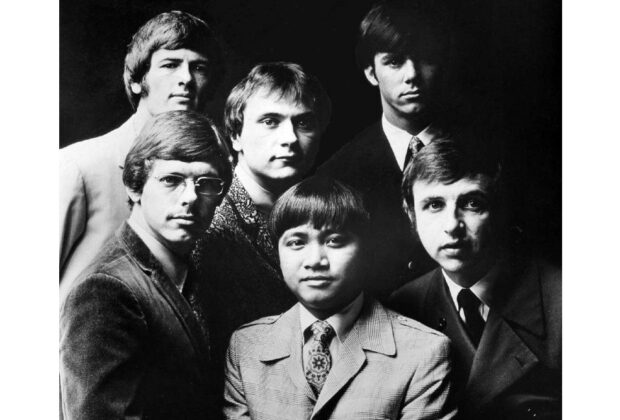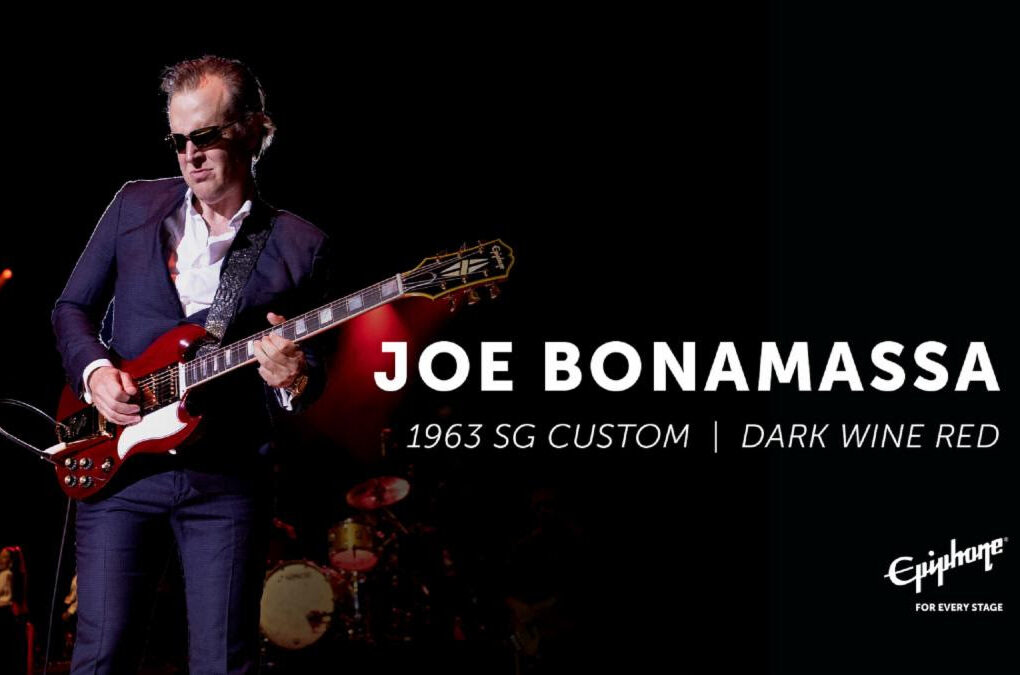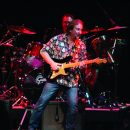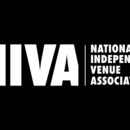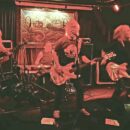Terry Kirkman, singer-songwriter and founding member of the Association died on Sunday of congestive heart failure. He was 83.
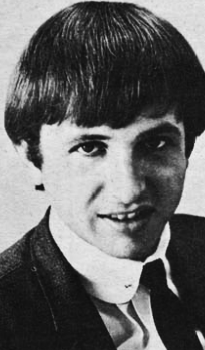
I saw the Association 12 times from 1966-1980. Delightful. Some of the best crafted pop tunes and wonderful arrangements. A terrific touring band who appeared on many nationally syndicated television programs. In the mid to late sixties David Geffen was their booking agent.
Last decade I interviewed Association co-founder Russ Giguere about his group.
Q: When the Association first formed, evolving from a group called The Men, did you know you had something special? Like the 1965-1966 period.
Arranger Clark Burroughs arrived at our house I answered, “Aren’t you the Hi, of the Hi-Lo’s?” He replied, “I have a song for you guys, ‘One Too Many Mornings.’ Clark had this interesting arrangement idea. We just started working on the tune immediately.
On “Along Comes Mary,” Jules Alexander of our band played bass on the original demo. We had a group house where four of us lived. Jules came back that night with a demo and exclaimed, “Listen to this record!” He put it on. Holy moly. What a song, it was like nothing we had ever heard. Tandyn Almer wrote it.
Later we would vote on songs but this was the only one we never voted on. We decided Jim [Yester] would sing the lead. We worked with Curt Boettcher who was a sensitive vocal arranger. Our first album we recorded with two 4-track machines in sync, to make it 8-track.
Q: I’ve always felt The Association has been vastly overlooked by the media and music historians, partly attributed to omnipresent east coast media bias which dilutes the appreciation of the band’s rewarding legacy on recordings and live performances. You sold 70 million records, 6 gold records, and had 7 top 40 hit singles. 3 of your songs are the most played BMI licensed songs of the twentieth century.
A: There are many people in the business who never really had the proper respect for what we did. I know the impact we had. Why are we still on radio today? We had strong material with good arrangements and those were performed well. It’s the power of real music. And the performances are so sincere and real. It’s really that simple.
Q: Let’s talk about “Windy.”
A: In the nineties we were doing a concert in Detroit with an orchestra. And the conductor (during a break) wanted to talk to me. “I studied conducting with Leonard Bernstein in New York, and he would greet us at the lecture room door. He had a portable record player and played ‘Windy’” ….and told the room, ‘Now that is a perfect record.’ Bernstein understood what we were doing.
Ruthann Friedman who wrote it, was a friend of ours, she gave it to us. Our manager Pat Collecchio particularly liked it, and we liked it enough to vote yes on it. We did the basic track at Western studio on Sunset Blvd. with producer Bones Howe. We’d do the music first. The vocals took a much longer time. Our tenor’s voice started wearing out. My wife Birdie, Clark Burroughs’ wife Marilyn and Ruthann all stepped in and helped. They’re on the track singing. By then we had 8-track recording.
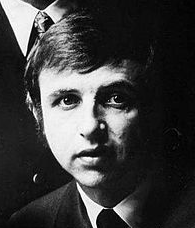
The vocal on “Windy” was completely mine. While I was recording it occurred to me “that this track was really gonna kick ass, like the windy city of Chicago.” Larry [Ramos] had just joined the band and I said “why don’t we have Larry sing this with me?” So he came in and co-sang a lead. I also had several leads on that Insight Out album.
Initially, on “Never My Love,” it was going to be me and Terry [Kirkman] doing the leads like on “Cherish.” So I said, “Let’s have Larry sing it with Terry and it will help establish him as a new member.”
On “Everything That Touches You,” that is Terry and Jim. Great bass line. Randy Sterling came up with that. He played bass on a demo session and Joe Osborn was on the recording. Ben Benay and studio musicians on dates were all union players. I understood that these guys were used doing it on the fly, on tape. We were used to doing it live, at any size concert.
Q: Talk to me about the song “Cherish.” I saw the group early on and you could replicate harmonies on stage.
A: After we cut “Cherish” the two things people would say: Would be, “when are you going to do a live album” and ‘when are going to release “Cherish” as a single?’ That was said for a year before it was ever recorded. In fact, the first time we heard “Cherish,” the group didn’t quite understand it, and we didn’t vote yes on it. Terry went and woodshedded, and a couple of days later showed it to us again. And we all said, “Now we see what you mean!”
Q: Terry Kirkman as a tunesmith is never touted as a major songwriter in the musical press. “Cherish,” “Six Man Band,” and “Everything That Touches You.”
A: His specialty was what I call “thematic mothas,” short for mothers. “Cherish,” “Requiem for the Masses,” he did all these great themes, along with “Enter the Young.” He was influenced by Stan Kenton and jazz. He plays horn, sax. When I first met Terry, he almost always had a recorder in his belt and pockets full of harmonicas in different keys! He’d always be ready to play. Great songwriter who truly loves music.
Q: The Association was way more than a pop band.
A: It was everything. Rock ‘n’ roll, blues, folk, harmonies. It distinguished us from the psychedelic groups of the late sixties. We also had a rule in the band: No whining. We didn’t do any music that whined. Everything in our repertoire was voted on. We covered songs and also did originals. For instance on “Never My Love” that was basically already written, all we did was add some harmonies to it. As far as our vocals and harmonies, they were very precise.
In 2008 I spoke with another founding member Jim Yester. We discussed the 1967 Monterey International Pop Festival.
“I felt the Monterey festival was a big step in healing the riff between the L.A. and San Francisco bands and it was very cool. I thought it was a great unification thing for all the California groups.
I certainly felt no angst from any of the San Francisco bands. I think it had been going on when we went up there in 1965, ’66, with the Beach Boys at the Long Shore Man’s Hall, and kinda got a cold shoulder. As of the Monterey International Pop Festival, that was history. Listen, were ‘heads’ like everybody else and just as crazy as everybody else, but we took care of business. We stayed at the same motel as some of the bands, and right next door was Janis Joplin. Pearly. We met her. I was blown away. She was very down to earth, played with all the kids.
Earlier we had performed with Quicksilver at the Fillmore West. In fact, Moby Grape’s bass player at the time, Bob Mosely, was my brother-in-law. He and I both married two sisters. In fact, Moby Grape is still one of my favourite groups. I just love their first album. Moby Grape at Monterey…I loved their presence, their movement, how they all moved back and forward together, lot of high energy. I thought they were great. Peter Lewis and Bob Mosely were from Southern California. The Association did just as much partying and LSD as the San Francisco bands. We wore matching suits on stage and that stopped some of the SF acts and the reporters from fully appreciating our musical abilities.

